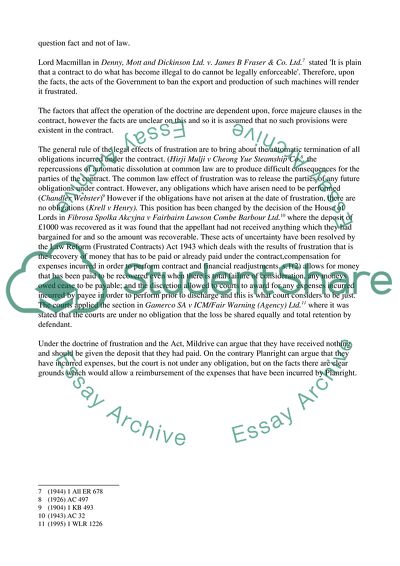Cite this document
(The Doctrine of Frustration and the Issue of Occupiers' Liability Assignment - 9, n.d.)
The Doctrine of Frustration and the Issue of Occupiers' Liability Assignment - 9. https://studentshare.org/law/1738019-law
The Doctrine of Frustration and the Issue of Occupiers' Liability Assignment - 9. https://studentshare.org/law/1738019-law
(The Doctrine of Frustration and the Issue of Occupiers' Liability Assignment - 9)
The Doctrine of Frustration and the Issue of Occupiers' Liability Assignment - 9. https://studentshare.org/law/1738019-law.
The Doctrine of Frustration and the Issue of Occupiers' Liability Assignment - 9. https://studentshare.org/law/1738019-law.
“The Doctrine of Frustration and the Issue of Occupiers' Liability Assignment - 9”. https://studentshare.org/law/1738019-law.


